
Lajme
string(83) "reconciliation-between-serbs-and-albanians-in-kosovo-difficult-but-necessary-report"
Gazeta Express
14/02/2020 21:11Reconciliation between Serbs and Albanians in Kosovo difficult but necessary, report
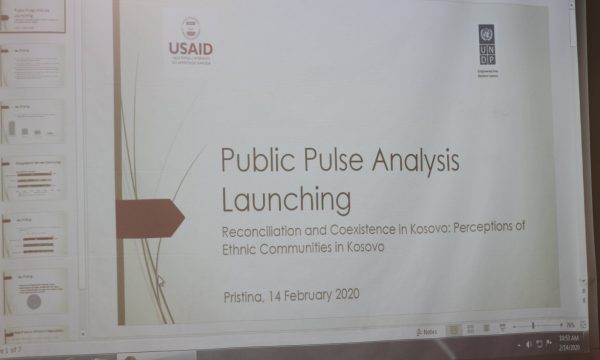

Gazeta Express
14/02/2020 21:11UNDP released Friday the Public Pulse Analysis on Reconciliation and Coexistence in Kosovo exploring people’s perceptions on inter-ethnic reconciliation process. The poll shows that the vast majority of respondents (88 percent) believe that reconciliation is necessary in Kosovo, while 85 percent of Kosovo’s non-majority non-Serbs and 79 percent of Kosovo Albanians at least somewhat agree that reconciliation is possible in Kosovo, less than half of Kosovo Serbs (47 percent) believe the same.
Public Pulse data collected in May 2019 shows that, when asked about tolerance and mutual acceptance in Kosovo, most Kosovo Albanians (21.8%) consider that relations are tense, with some improvements during recent past – similar perception was recorded among 26.7% of Kosovo Serbs. According to UNDP’s Public Pulse most Kosovo Serbs (22.2%) consider that relations are tense and will continue to be such – similar perception was registered among 39.3% of Kosovo Albanians. Only 5.2% of Kosovo Albanians and 1.4% of Kosovo Serbs consider that the relations between the two ethnic groups in Kosovo are not tense at all, while 14.8% of Kosovo Albanians and 11.0% of Kosovo Serbs consider that the relations between the two groups are not so tense. Meanwhile, 12.6% of Kosovo Albanians and 36.2% of Kosovo Serbs perceive that the relations are tense, despite considerable improvements having been marked. According to results of the poll 41% of Kosovo Serbs believe that the main reason these relations remain tense is the lack of effort from Kosovo Albanians in terms of integrating Kosovo Serbs in society in Kosovo, only 3% of Kosovo Albanians believe the same. Kosovo Albanians are more likely to point to the influence of Belgrade (30%), attitude of Serb leaders (24%), or unwillingness of Kosovo Serbs to be integrated in the Kosovo society (26%) as the main causes of the tense inter-ethnic relations.
Maria Suokko, UNDP Resident Representative addressing the media emphasized said that greater communication is needed to understand and accept each-other. “Another obstacle which we need to help overcome is the language barrier. Young people in Kosovo do not speak language of each-other, and with English used as a common language, lack of communication with each-others language is an obstacle,” she said.
Only 5.2% of Kosovo Albanians and 1.4% of Kosovo Serbs consider that the relations between the two ethnic groups in Kosovo are not tense at all, while 14.8% of Kosovo Albanians and 11.0% of Kosovo Serbs consider that the relations between the two groups are not so tense. Meanwhile, 12.6% of Kosovo Albanians and 36.2% of Kosovo Serbs perceive that the relations are tense, despite considerable improvements having been marked.
Christina T. Davis, Director, Democratic and Governance Office, for USAID Kosovo, considered as concerning the need of international factor involvement in the reconciliation process. “We should work to ensure opportunities for people from different ethnicities to come together to address the common challenges and find common solutions, while seeing their differences as a benefit and not an obstacle,” she said.
For the purposes of this study an opinion poll with a total of 451 Kosovan respondents and additional 12 focus groups were conducted during June-July 2019 carried out in seven multi-ethnic municipalities, namely: Prizren, Mitrovica South, Mitrovica North, Kamenica, Strpce, Gracanica, and Istog. /GazetaExpress/
AdvertisementTë tjera nga rubrika
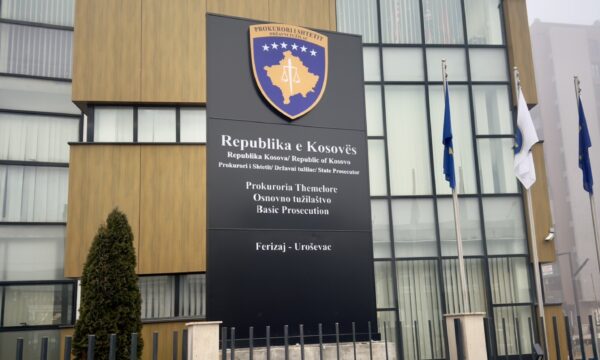
Prokuroria në Ferizaj kërkon paraburgim për të dyshuarin për shitblerje të narkotikëve dhe armëmbajtje pa leje- detaje
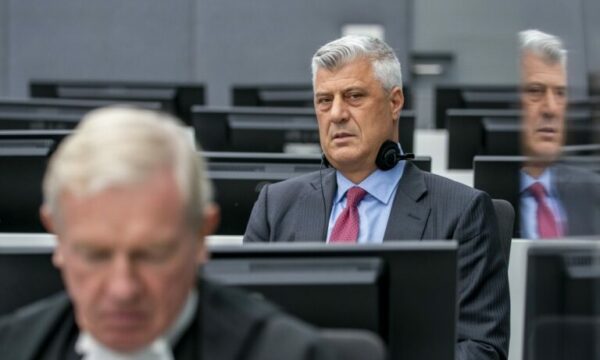
Mishetiq: Specialja nuk do të ekzistonte pa Thaçin, e krijoi vetë për ta pastruar emrin
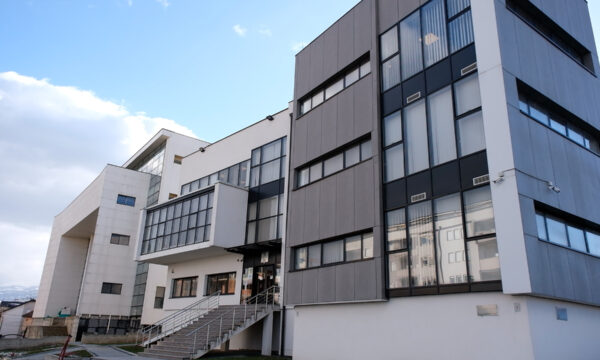
Nëntë kryesues ndalohen për falsifikim të rezultateve në Rahovec, prokuroria kërkon paraburgim për ta
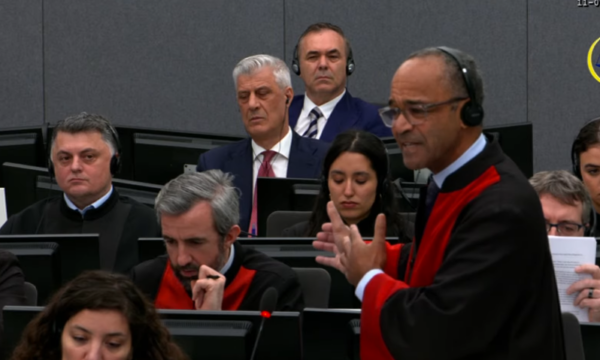
Prosper kthehet në sallë kah Thaçi: Ju besoni se ky si 29 vjeçar iu hodhi hi syve Rubinit e Clarkut, sigurisht që jo
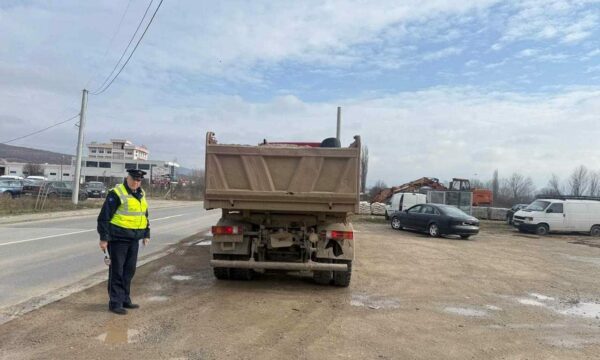
Policia me plan operativ për kontrolle ndaj kamionëve dhe autobusëve: Qëllimi është ngritja e sigurisë
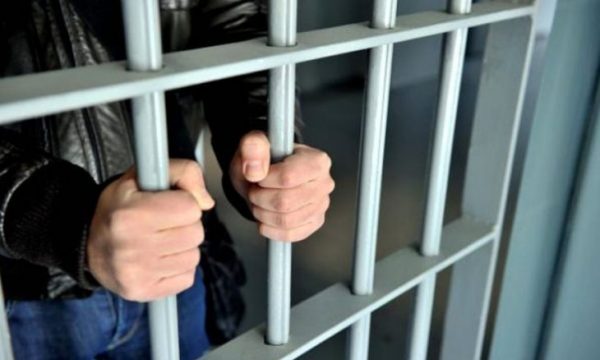
Kërkohet paraburgim për M.O., i kërkuar me urdhërarrest ndërkombëtar të lëshuar nga Gjermania dhe Austria
AdvertisementTe fundit

Prokuroria në Ferizaj kërkon paraburgim për të dyshuarin për shitblerje të narkotikëve dhe armëmbajtje pa leje- detaje

Mishetiq: Specialja nuk do të ekzistonte pa Thaçin, e krijoi vetë për ta pastruar emrin

“Lautaro është sulmuesi më i mirë në botë”

Nëntë kryesues ndalohen për falsifikim të rezultateve në Rahovec, prokuroria kërkon paraburgim për ta

Prosper kthehet në sallë kah Thaçi: Ju besoni se ky si 29 vjeçar iu hodhi hi syve Rubinit e Clarkut, sigurisht që jo

Policia me plan operativ për kontrolle ndaj kamionëve dhe autobusëve: Qëllimi është ngritja e sigurisë
Advertisement✕





